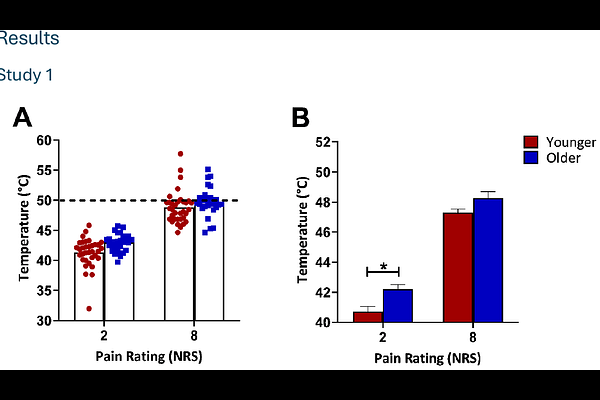No Effect of Chronic or Acute Pain on Working Memory in the Sternberg Task

No Effect of Chronic or Acute Pain on Working Memory in the Sternberg Task
Phelps, C. E.; Oliveira, L. E.; Ngo, M. N.; Medhi, K. S.; Schoone, S.; Debrosse, D.; Aragundi, L.; Delval, A. G. R.; Wilson, R. C.
AbstractMemories of pain can last a lifetime, preventing future injuries, but this comes at the expense of remembering other concurrent experiences. For acute pain this cost is outweighed by the benefits but when pain is chronic, pain memory benefits are limited and may even contribute to maintenance of the disorder. Here we investigated two hypotheses, (1) pain takes up slots in working memory or (2) pain induces arousal above optimum levels at high task difficulty, leading to a decrease in performance. To do this, we used the Sternberg Task of working memory, in which the participant plays repeated trials where they are shown different sets of numbers and then asked to identify whether probe number was in the set or not. The Sternberg Task is ideal for testing the two hypotheses by looking at pain-related changes in accuracy and response time. There was a replication of the response time increase with set size, as well as the effect of older age on working memory and pain threshold. However, we saw no pain effect on either response time, accuracy, or the relationship between these parameters and set size with either chronic pain or an acute painful thermal stimulus. Together, this suggests that pain does not impair working memory in the Sternberg Task.